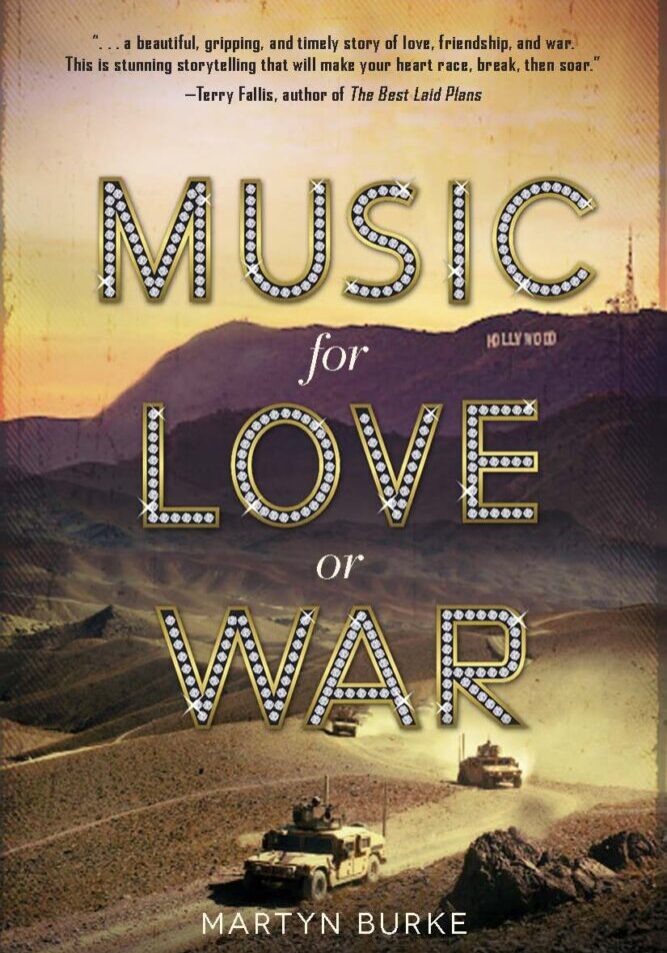In 701 B.C. the Assyrian empire was in its ascendancy. It had already vanquished the kingdom of Israel to the north including the capital at Samaria. It then prepared an assault on Judah and its capital at Jerusalem.
But in one of those significant events that changes the course of world history, Assyria was repelled. Jerusalem was saved until 586 B.C. when the Babylonians sacked the city, forcing its leadership class into exile.
Henry Aubin, in a major feat of scholarship, determines that Jerusalem was aided by a Kushite army from Africa which had marched northeast from the Nile valley. While the Bible attributes the Assyrian retreat to an angel and secular commentators cite pestilence, Aubin, in a meticulously documented work, demonstrates that an alliance with the African nation of Kush bolstered Jerusalem’s defences.
Kush, also known as Nubia, was located in what is now southern Egypt and northern Sudan. A monarchy that existed for more than 1000 years, from 900 B.C. to A.D. 350, Kushites held sway over Egypt from 712 B.C. to about 660 B.C. Of Egypt’s 31 dynasties, this, the 25th Dynasty, is the only one that all scholars agree, was black.
The commander of the Kushite expeditionary force was Taharqa (or as the Bible calls him Tirhakah). This Kushite prince, who had his own interests in halting Assyrian expansion, likely caught the aggressors by surprise as they prepared their siege of Jerusalem.
Aubin offers a thrilling military history and a stirring political analysis of the ancient world. He also sees the event as influential over the centuries.
The Kushite rescue of the Hebrew kingdom of Judah enabled the fragile, war-ravaged state to endure, to nurse itself back to economic and demographic health, and allowed the Hebrew religion, Yahwism, to evolve within the next several centuries into Judaism. Thus emerged the monotheistic trunk supporting Christianity and Islam.

Martyn Burke works in a multitude of worlds, moving between novels, films, and documentaries. He has published six highly acclaimed novels, been nominated for Emmys, as well as Director’s and Writer’s Guild awards for his feature and television films. He has made award-winning television and theatrical documentaries including the Academy Award-short listed Under Fire: Journalists in Combat, and co-wrote the classic comedy film Top Secret. He divides his time between Los Angeles and Toronto.
Music For Love or War
Praise for
Music For Love or War
“Music for Love or War is slash-and-burn funny, but also unexpectedly touching and wise. Few writers can take you in one breath from the hills of Afghanistan to the gates of the Playboy mansion, and make you believe every crazy word. Martyn Burke has that special talent.”
Carl Hiaasen
“A glorious globetrotting epic spanning class, race, and ethical borders. Burke’s personal history as a Hollywood filmmaker and combat-zone documentarian makes this book seem less written than lived—it is filled with the crystalline details and hard-earned truths that can only be gained through on-the-ground experience. Burke is a marvel. Read this book.â€
Craig Davidson, author of Giller nominated Cataract City
“Burke has written a beautiful, gripping, and timely story of love, friendship, and war. This is stunning storytelling that will make your heart race, break, then soar.â€
Terry Fallis
“Burke finds enduring love amid Afghanistan’s endless war and a magical story emerges from the ashes.”
Paul Watson
“Gripping, hilarious, otherwordly, brutal, heartbreaking. A transcendental tale of love and hope for a post-911 world.”
Jon Steele
“A whirlwind story, equally hilarious and heartbreaking, about the various kinds of love and war — and quite unlike any novel you’re likely to read.â€
Bookgasm Blog